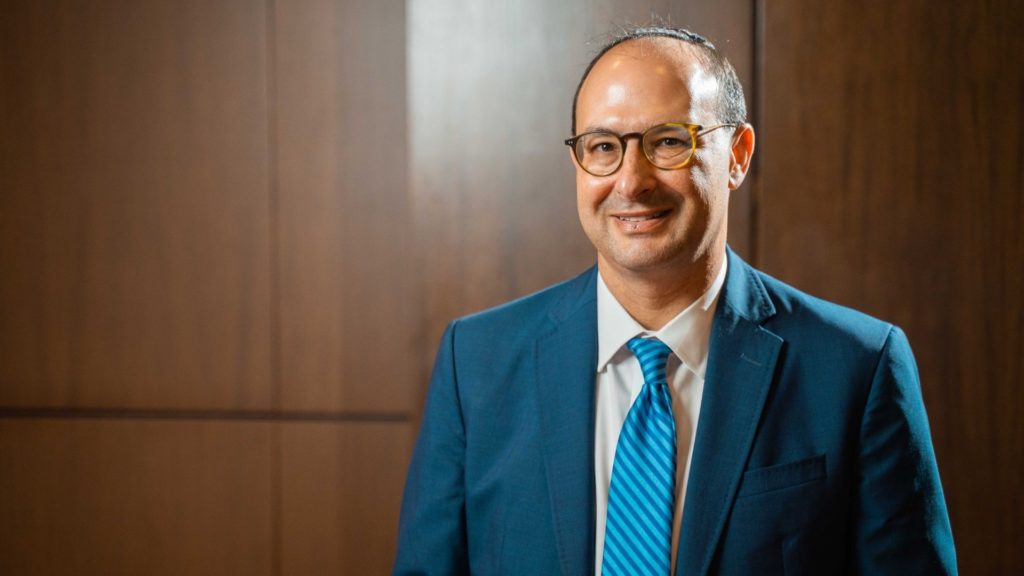Whatever Happened to the Maccabees?
A Lesson for American Jewry
by Rabbi Jeremy Barras
[email protected]
Unlike Purim, the Tanach was sealed before the events of Chanukah unfolded in ancient Israel. Thus, since we cannot look to our Holy Scriptures for explicit teaching about this month’s holiday, we are limited to non-Jewish, extra-biblical sources and the writings of the rabbinic sages. In the Talmud, once again unlike Purim, no tractate centers on the holiday of Chanukah. It is curious that while the rabbis offer so much material on other holidays, only a few pages in the Talmud tell the story of Chanukah.
Some postulate that although the rabbis celebrated the Hasmonean victory over the Syrian-Greeks, they were not enamored with the succeeding generations of the Maccabean dynasty. This might sound a bit surprising, but it is not difficult to comprehend once we look at what happened in the generations following the heroism of Judah Maccabee and the Jewish community of his generation. The Maccabees in his day had become disillusioned with Jewish assimilation into Greek culture, as well as Greek subversion of Jewish life.
Torah and mitzvah observance were outlawed, and when the Syrian-Greeks conquered and impurified the Temple, the Maccabees ultimately led a revolt in the name of the Torah and the people of Israel. However, later generations of the Maccabean dynasty would quickly slide away from the noble devotion of their ancestors. They seized power of both the monarchy and the priesthood and consolidated all Jewish power under their own name. This was a sin in and of itself because in order to ascend the throne, a Jew was required to be from the tribe of Judah. In order to hold the title of priest, a Jew was required to descend from the line of Aaron. The Maccabees descended from neither, and thus their usurping stood in stark contradistinction to Divine ordinance.
Once in power, the Maccabees fell prey to the same assimilationist forces that their ancestors fought against. Ultimately the Hasmonean dynasty gave way to the rule of Herod, who represented the Roman Empire that would eventually burn the Second Temple. It is likely that the rabbis pay so little attention to Chanukah in the Talmud because even though they emulated the Maccabees who defeated the Syrian-Greeks, they viewed their descendants as the leaders who led the Jewish people into the abyss and towards expulsion from the land of Israel.
One of the lessons of Chanukah is to remember what the Maccabees fought for, what they achieved, and how easily their ancestors squandered it. The Maccabees reminded the Jewish community that straying too far from a life of Torah and mitzvot would lead to disaster for the Jewish people. Though foreign influence can be seductive, it cannot become overpowering if Judaism is going to survive and flourish. The Maccabees will forever be known as heroes for rededicating the Temple. However, their succeeding generations are remembered not for their appreciation of their ancestor’s sacrifice, but for embracing assimilation at the price of their sacred inheritance. This year as we once again light Chanukah candles, let us be inspired by the message of rededication and rededicate ourselves once again to the dictums, wisdom and traditions of our faith.
Chag Chanukah Sameach!
*The Barras family name was created during the Ellis Island Experience. Originally it was Bar Oz, meaning strength in Hebrew.
